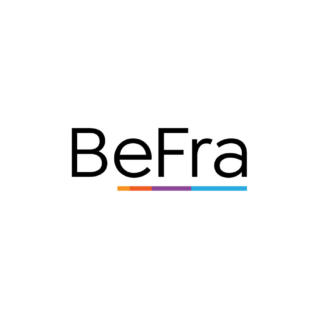The U.S. Food and Drug Administration (FDA) recently issued warning letters to 15 companies for illegally selling products containing cannabidiol (CBD) in ways that violate the Federal Food, Drug, and Cosmetic Act (FD&C Act).
The FDA also published a revised Consumer Update detailing safety concerns about CBD products more broadly. Based on the lack of scientific information supporting the safety of CBD in food, the FDA is also indicating today that it cannot conclude that CBD is generally recognized as safe (GRAS) among qualified experts for its use in human or animal food.
The actions come as the FDA continues to explore potential pathways for various types of CBD products to be lawfully marketed. This includes ongoing work to obtain and evaluate information to address outstanding questions related to the safety of CBD products, while maintaining the agency’s rigorous public health standards. The FDA plans to provide an update on its progress regarding the agency’s approach to these products in the coming weeks.
Many unanswered questions and data gaps about CBD toxicity exist, and some of the available data raise serious concerns about potential harm from CBD. The revised Consumer Update outlines specific safety concerns related to CBD products, including potential liver injury, interactions with other drugs, drowsiness, diarrhea, and changes in mood. In addition, studies in animals have shown that CBD can interfere with the development and function of testes and sperm, decrease testosterone levels and impair sexual behavior in males. Questions also remain about cumulative use of CBD and about CBD’s impacts on vulnerable populations such as children and pregnant or breastfeeding women.
CBD is marketed in a variety of product types, such as oil drops, capsules, syrups, food products such as chocolate bars and teas, and topical lotions and creams. As outlined in the warning letters issued, these particular companies are using product webpages, online stores and social media to market CBD products in interstate commerce in ways that violate the FD&C Act, including marketing CBD products to treat diseases or for other therapeutic uses for humans and/or animals. Other violations include marketing CBD products as dietary supplements and adding CBD to human and animal foods.
The FDA has previously sent warning letters to other companies illegally selling CBD products in interstate commerce that claimed to prevent, diagnose, mitigate, treat or cure serious diseases, such as cancer, or otherwise violated the FD&C Act. Some of these products were in further violation because CBD was added to food, and some of the products were also marketed as dietary supplements despite products which contain CBD not meeting the definition of a dietary supplement.
Under the FD&C Act, any product intended to treat a disease or otherwise have a therapeutic or medical use, and any product (other than a food) that is intended to affect the structure or function of the body of humans or animals, is a drug. The FDA has not approved any CBD products other than one prescription human drug product to treat rare, severe forms of epilepsy. There is very limited information for other marketed CBD products, which likely differ in composition from the FDA-approved product and have not been evaluated for potential adverse effects on the body.
To read the full FDA announcement, click here.


